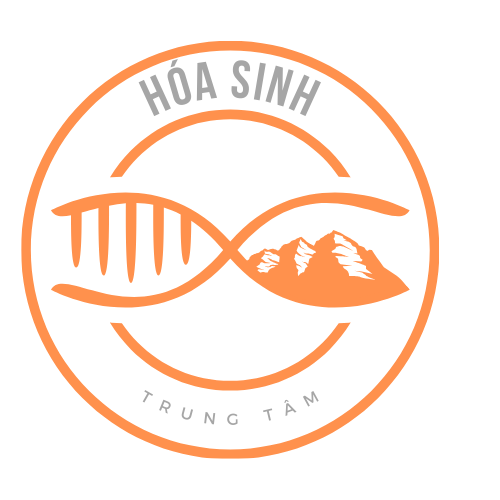Nootropics have surfaced as a trending subject in the world of brain health. Whether you’re a student pulling all-nighters, a professional juggling deadlines, or simply someone chasing peak productivity, nootropics claim to enhance your cognition.
Let’s start by defining nootropics. They’re substances—natural or synthetic—that are believed to improve cognitive function. They aim to help you with memory, focus, creativity, or even motivation
## Breaking Down Nootropics
Let’s explore the main types of nootropics:
### Nature’s Brain Boosters
These include things like herbal extracts, vitamins, and adaptogens. Think of Ginkgo Biloba, Bacopa Monnieri, Rhodiola Rosea, Ashwagandha. These are known for helping with memory, reducing brain fog, and calming the nervous system.
Lion’s Mane, for example, promotes NGF (nerve growth factor) which may help regenerate neurons.
### 2. Synthetic Nootropics
You’ve probably heard of Modafinil—it’s the productivity pill from Silicon Valley. These compounds are often used to treat ADHD, narcolepsy, or memory disorders.
Modafinil, for instance, is used to promote wakefulness, but it’s also used off-label to stay hyper-focused for hours.
### Brain-Healthy Nutrients
Some nutrients are directly linked to better cognitive performance. Key players here include Omega-3s, vitamin D, B12, and N-Acetyl L-Tyrosine. Even dehydration or lack of electrolytes can dull your cognition.
## Mechanisms Behind the Magic
Here’s where it gets science-y They tweak your dopamine, acetylcholine, and serotonin pathways. All of this boils down to clearer thinking and better memory retention.
Acetylcholine is like the Wi-Fi of your brain—faster and more connected.
## Why People Use Them
Here’s what users report:
– Sharper remembering
– Less procrastination
– More dopamine-driven energy
– Faster learning
– Calmer under pressure
Of course, not everyone reacts the same, but many report feeling “switched on”.
## Risks and Side Effects
Nootropics aren’t all sunshine and genius. Side effects can include nausea, anxiety, or irritability. Synthetic nootropics, especially, should be used with caution.
The supplement industry isn’t well regulated. Be wary of miracle-pill marketing.
## Combining for Maximum Effect
Nootropic stacking is like mixing a cocktail for your brain. Examples include:
– **Caffeine + L-Theanine**: Energy without the jitters
– **Modafinil + Alpha GPC**: Serious workhorse blend
– **Bacopa + Rhodiola + Lion’s Mane**: Balanced, plant-powered stack
Too lazy to mix powders? There are ready-to-go nootropic blends available.
## Nootropics in Real Life
You’d be surprised who’s popping these pills. Common users include:
– Sleep-deprived college kids
– Tech workers and programmers
– Twitch streamers leveling up
– Authors trying to get in flow
– Memory-conscious seniors
## How to Start Using Nootropics Safely
Thinking of trying nootropics? Follow these steps:
1. **Start small**: Ease into it
2. **Research thoroughly**: Use PubMed, Reddit, and real reviews
3. **Cycle your usage**: Take breaks to avoid tolerance
4. **Track your results**: Everyone reacts differently
5. **Talk to a doctor**: Medical advice is key
## Wrap-Up
Are they miracle drugs? No. But are they helpful? Potentially.. With the right mindset and care, nootropics can be part of a smart productivity plan.
The future of brain enhancement might already be in your pillbox.
Read more: omeka.net (best nootropics cognitive enhancers)

